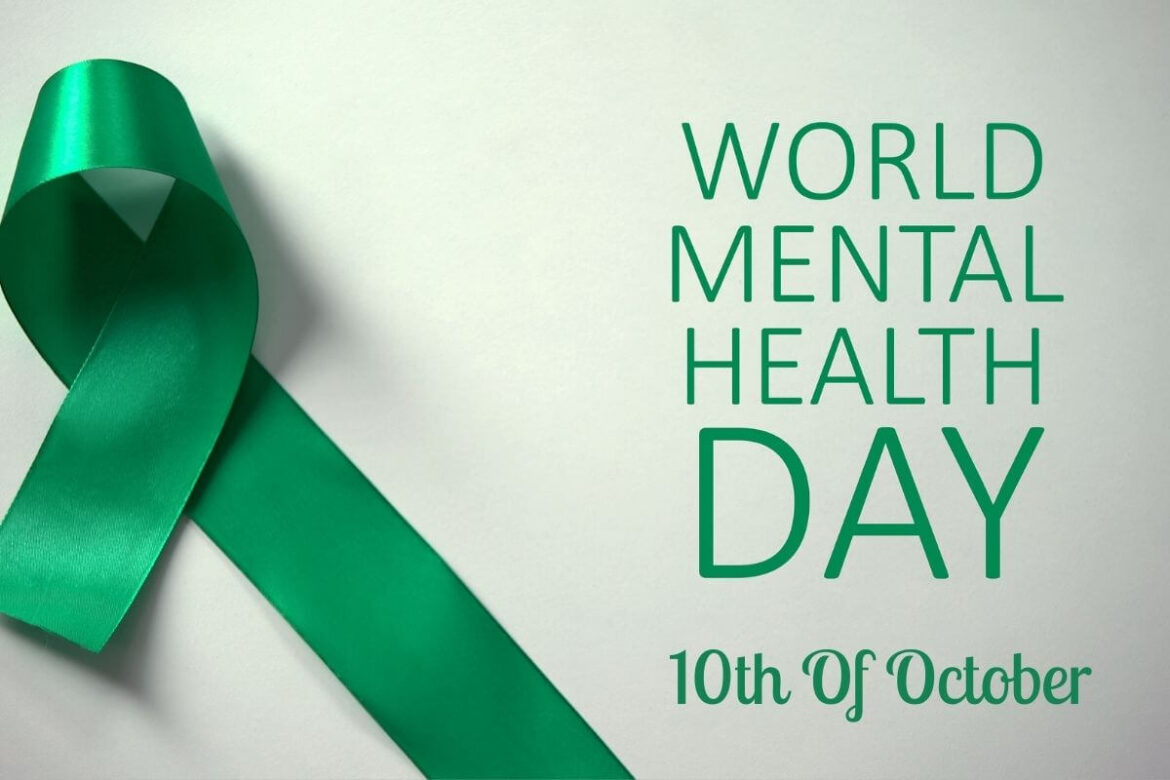According to the WHO constitution,” Mental health is a state of wellbeing in which an individual realises his or her own abilities, can cope with the normal stresses of life, can work productively and is able to make a contribution to his or her community.”
Your Wellbeing Includes Mental health Too
Mental health is an inherent part of the overall health of an individual, and it is more than an absence of any mental illness. A range of socioeconomic, environmental and biological factors comes into play in determining a person’s mental wellbeing.
Hence, mental illness is a result of circumstances, just like any physical illness such as diabetes or stroke.
The Social Stigma About Mental Illnesses
While societies treat someone with a physical disorder with kindness, the same does not seem to apply with regards to mental disorders. For example, it is common to say “snap out of it” to someone who is depressed. The point is they can’t, and they need help. This is like saying “snap out of it” to someone injured and bleeding!
Similarly, there is a long-standing social stigma surrounding mental health diseases. Those with mental health problems are labelled “crazy” and “violent”. Such labels are not only going to hurt those with the illnesses but make it harder for them to seek the help they need. Even if someone feels they might have a mental health problem, they might hesitate to talk to a doctor as they would worry what their friends, family or colleagues would think.
The fear of being looked upon differently can be troubling. And without right help, the condition is only going to get worse, just like it would happen with someone with a heart ailment not seeking medical help. And they end up suffering in silence!
World Mental Health Day
World mental health day is observed every year since 1992 on 10th October to spread awareness of mental health and mobilise resources to support mental wellbeing. With better awareness of mental health, there is a greater chance of eradicating the social stigma so that those with mental health problems have access to care.
The theme for World Mental Health Day 2020 is “Mental health for all”. Each and everyone anywhere in the world should be able to gain access to mental health resources. Hence the tagline: “Mental Health for All“
Greater Investment – Greater Access
WHO supports World Mental Health Day by helping raise awareness on this area through its ties with the Ministries of Health and other relevant civil society organisations worldwide.
To make the paradigm shift possible, mental health should become an inherent part of the primary health care system with governments heavily investing in preserving the mental wellbeing of its people going forward.
Especially given the current pandemic wreaking havoc across the globe, the need for affordable mental health care is the need of the hour. And it is going to be so for the foreseeable future due to the unavoidable economic downturn affecting more people every day.
In his words
Dr Tedros Adhanom Ghebreyesus, Director-General of the World Health Organization, said “The world is accepting the concept of universal health coverage. Mental health must be an integral part of UHC. Nobody should be denied access to mental health care because she or he is poor or lives in a remote place.”
What Can You Do?
While government and non-government organisations around the world consider this day important to take stock of what has been done so far and what could be done, we could all do our part as well.
There is no “wellbeing” without mental health. Yes, mental health can affect physical health and vice versa. Hence, take stock on your lifestyle, find out any shortcomings in this regard and identify ways to address it.
Let us make it a point to focus on our health, which includes both physical and mental, the health of our loved ones and our community. Try to educate yourself about mental illness, the symptoms, treatments available and most importantly, on getting help.
Consider this situation, when you see an accident, you know what to do: Call the emergency number, give basic first aid, and assist in any other way possible. Just like this scenario, awareness of mental health issues will help you act promptly when either you or someone you know suffer from a mental health problem.
The right knowledge can go a long way!
